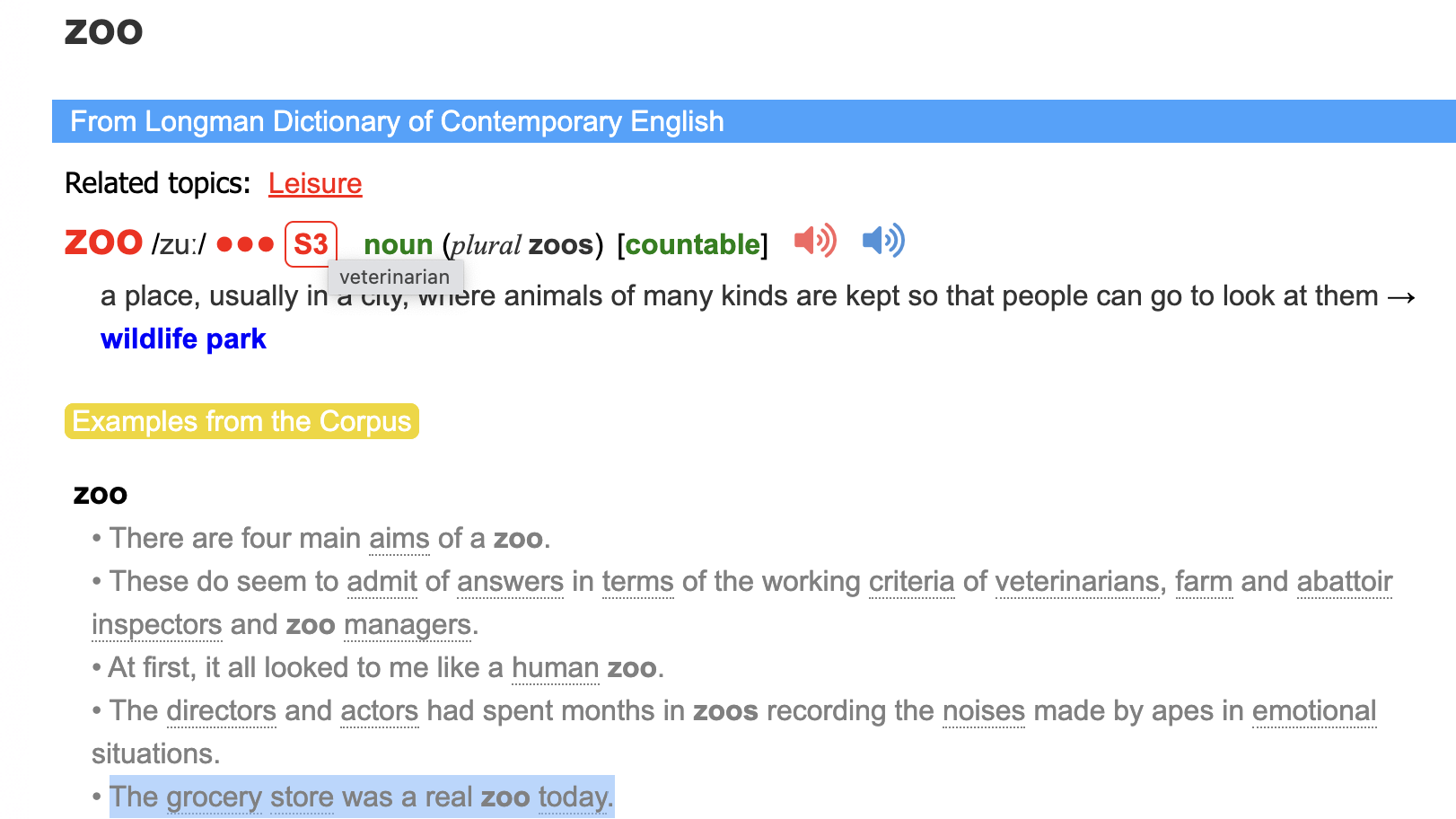As a non-native speaker I feel every word is a polysemy because, basically, every word has several possible meanings and the context will decide its meaning in a specific sentence.
A vivid example is when I was a high school student, learned that even the simple word like zoo, can be used in the sentence like it's a complete zoo in the lobby. Or use longman example, "The grocery store was a real zoo today."
During that time I already knew cry had different meanings, like shed tears or shout, as many other words do. The word zoo just made me think that basically every word has several possible meanings.
Then I learn the word homographs, e.g. left, right, bank, study etc. But other than homographs, can I say every word is a polysemy ?
--- update ---
I am updating my question based the comments I got. My question title was not exactly right. I don't need a definition, I was frustrated or amazed (without a better word) by this linguistic phenomenon that English has so many polysemy, to a level that I feel almost every word is a polysemy. It has always been a big hurdle for my learning.
The wiki page https://en.wikipedia.org/wiki/Polysemy is a good read, e.g. I learn that "the three most polysemous words in English are run, put, and set, in that order." The word run is a very good example shows my frustration. In Chinese run just means run, the movement. So I have a hard time learning the word run in English.
But that wiki also partially answers my question that there are different types of polysemy, linear polysemy and non-linear polysemy.

